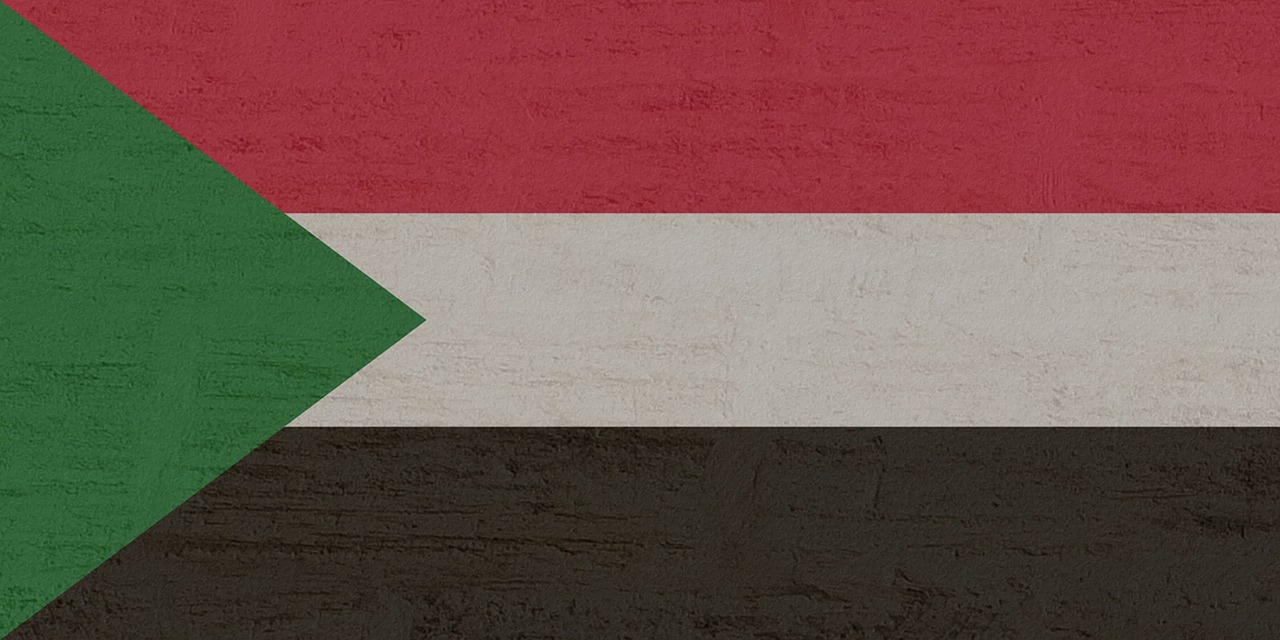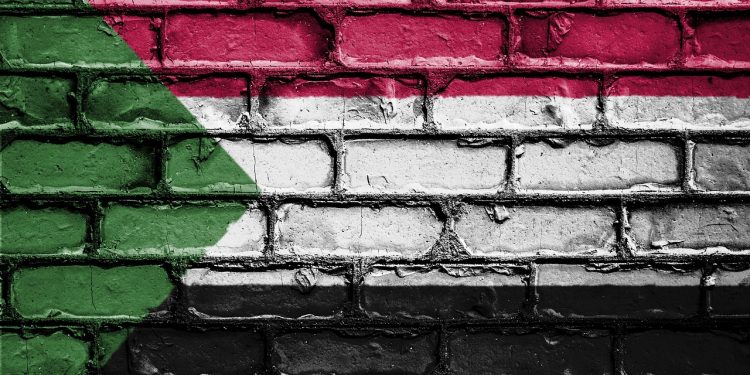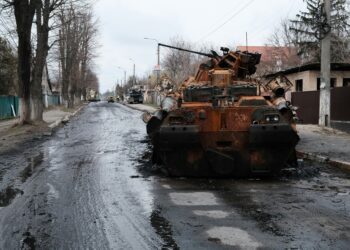In Sudan’s civil war, a new flashpoint has emerged after the army denied responsibility for an air strike on a World Food Programme (WFP) convoy delivering aid to a famine-hit area of Darfur.
The paramilitary Rapid Support Forces (RSF), who control the area where the attack occurred, blamed the army for the air strike. While the WFP did not specify who was behind the assault, it confirmed that three of the 16 trucks in its convoy were damaged and caught fire in the town of Mellit.
All staff traveling in the convoy were safe, but the incident is the latest in a string of assaults on humanitarian operations in the war-torn country. The WFP reiterated its plea for the warring parties to respect international humanitarian law, stating, “Humanitarian staff and assets must never be a target.”

Humanitarian Crisis Deepens as Fighting Intensifies
The attack on the WFP aid convoy highlights the deepening humanitarian catastrophe in Sudan, which plunged into a civil war in April 2023. This devastating conflict, stemming from a power struggle between the Sudanese army and the RSF, has created one of the world’s worst humanitarian crises.
Both sides have been accused of using starvation as a weapon of war by obstructing the delivery of aid and looting food. The attack on the convoy took place near the strategic city of el-Fasher, the army’s last major stronghold in the Darfur region, which has been under siege by the RSF for more than a year.
The RSF has intensified its battle for control of el-Fasher in recent weeks, as it seeks to consolidate its hold on the entire region. This escalating violence directly impacts the ability of humanitarian organizations to reach the millions of people in need.
Growing Death Toll and Displacement from Sudan Conflict
The war in Sudan has resulted in a staggering loss of life and a massive displacement of its population. Tens of thousands of people have been killed in the conflict, and over 12 million have been forced from their homes.
More than 4.5 million of these individuals, predominantly women and children, have fled as refugees to neighboring countries. The latest attack on the aid convoy is a grim reminder of the dangers faced by aid workers on the ground; five humanitarian workers were killed in a similar attack in el-Fasher in June.
As the conflict rages on, the lives of millions hang in the balance, with food, medicine, and other essential supplies often cut off.

















